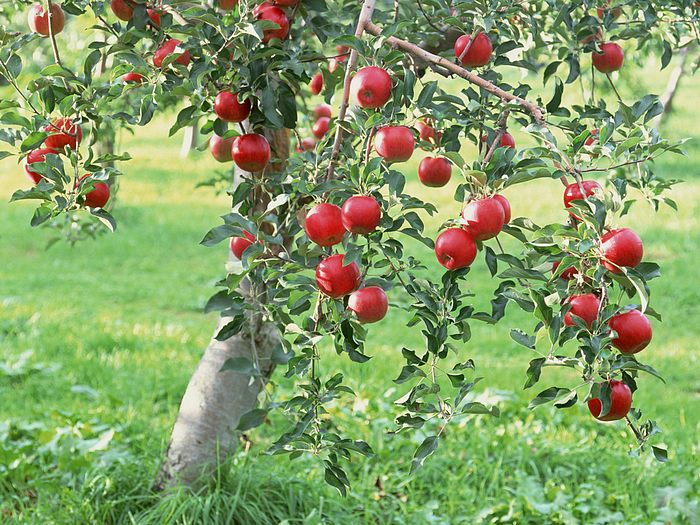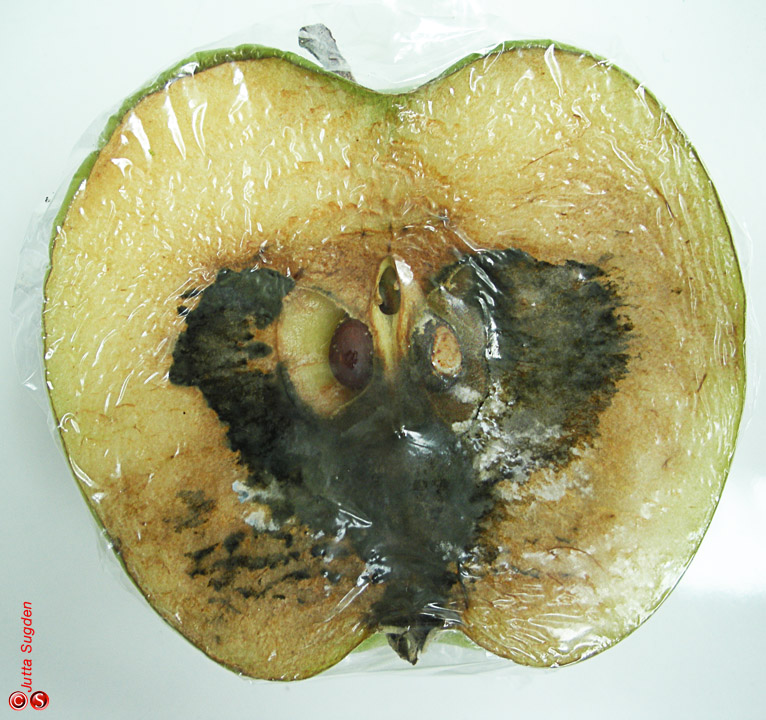(Part 1)
When I was 9-years-old, I made a public profession of faith in the Lord Jesus Christ. It was a very serious step for me. I understood that I was a sinner, that Jesus gave His life to pay for my sins, and that I now owed my life to Him. I was a fairly compliant child anyway, but after that I felt I owed Jesus, and I sought to give Him my best.
I was also human and failed in my resolve constantly, but my heart was turned in the right direction. At least it was until I was enticed by something that seemed good to me, and I slid into a period of rebellion.
I maintained my outward facade. I even read my Bible and prayed daily. I still believed Jesus was the Way and sought to serve Him. Nobody would have been alarmed by what they observed, but I entertained a secret that I knew was not pleasing to God. As the months passed, the joy of my sin decreased and the burden of guilt grew heavier. Still, I continued in sin.
I was sick from the toxins in my soul.
Finally, I could not stand it any longer.
One afternoon, I slipped into a chapel by myself. I knelt on the steps leading up to the speaker’s platform, with my head bowed low. Tears dripped from my face as I poured out my heart to the Lord.
I unburdened my soul, spewing the toxins that weighed on me, ridding my heart of sin, guilt, and shame as I laid everything before my Lord.
The heavy weight was replaced with feeling of peace, lightness (like I was floating), and freedom, plus an overwhelming realization that Jesus forgave me and that He loved me. My mind reeled with, “HE LOVES ME! He really does love me!”
I wanted to dance, twirling around with arms spread out and face lifted to the sky—like a ballet dancer (which I definitely am not!).
As I left the building, I could see myself twirling and telling everybody I met, “Jesus loves me! He loves me! And He loves you too!” I didn’t, but I’d never experienced such an urge. Or such a deep confidence in m Savior’s love.
Even though I’d tried to hide my sin, Jesus saw it and loved me anyway. Our relationship had chilled, but He waited patiently for my return. When I knelt in repentance, the knowledge of His great love became personal. Doctrine became reality. It moved from my head to my heart.
My life was transformed because I gave Jesus my fat. He embraced me with His forgiveness and love, and I will never be the same.
Now, my relationship with Jesus—and with Father God–is personal and alive. He walks with me and talks with me, and I can’t imagine life without Him.
Years after this event, I became bitter at Robert for something he did. In the midst of our struggles, I didn’t realize I was bitter, but it threatened to destroy our marriage. It also disrupted my relationship with God. Once again, I served out of duty—along with a deep knowledge that I should because it was right and God is good.
When I acknowledged my sin and offered my toxins up to God, the sweetness returned in my relationships with my husband and with my Lord,
God loves the fat (the sin and toxins that destroy us) when we offer our toxins to Him. It’s a sweet-smelling aroma, because we are then freed to have sweet fellowship in communion with him.
 There are times when things seem to stay concealed for a mighty long time. However, lately words and deeds that seemed to be hidden have been shouted from the housetops so loudly that it’s nauseating. Sexual advances that were covered over in Hollywood were no surprise, because of the immorality that is depicted in the entertainment produced there.
There are times when things seem to stay concealed for a mighty long time. However, lately words and deeds that seemed to be hidden have been shouted from the housetops so loudly that it’s nauseating. Sexual advances that were covered over in Hollywood were no surprise, because of the immorality that is depicted in the entertainment produced there. apple pie that comes back their way.
apple pie that comes back their way.
 ents are unchurched and many of the children are unfamiliar with Jesus, much less the story of the crucifixion and resur-rection. The children had a program which shared the story before they had their egg hunt.
ents are unchurched and many of the children are unfamiliar with Jesus, much less the story of the crucifixion and resur-rection. The children had a program which shared the story before they had their egg hunt.

 because secrets about them have been revealed. Things they have kept hidden are now in the spotlight for all the world to know. It’s impossible to hide a secret well enough that God’s spotlight can’t find it in the darkness.
because secrets about them have been revealed. Things they have kept hidden are now in the spotlight for all the world to know. It’s impossible to hide a secret well enough that God’s spotlight can’t find it in the darkness. The woman’s guilt was obvious. She was caught in the act, but Jesus, the Son of God, did not join in the chorus of condemnation. Instead, He turned the spotlight on the accusers.
The woman’s guilt was obvious. She was caught in the act, but Jesus, the Son of God, did not join in the chorus of condemnation. Instead, He turned the spotlight on the accusers. o not practice the truth; but if we walk in the light as He Himself is in the light, we have fellowship with one another, and the blood of Jesus His Son cleanses us from all sin” (1 John 1:5-7).
o not practice the truth; but if we walk in the light as He Himself is in the light, we have fellowship with one another, and the blood of Jesus His Son cleanses us from all sin” (1 John 1:5-7).